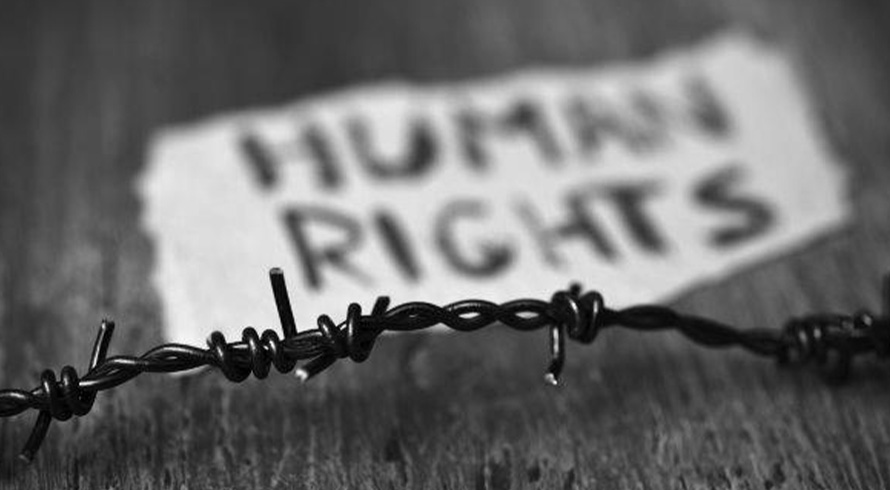General moratorium on legal proceedings under attack
Section 133 of the Act provides that no legal proceedings including enforcement action may commence or continue against a company undergoing business rescue, save where amongst other exceptions, consent is granted by the court or obtained from the business rescue practitioner.
This section has resulted in a few landmark cases where our courts have been called upon to pronounce on the enforceability of a creditor’s right to recover from sureties upon the principal debtor going into business rescue. In the case of Tuning Fork (Pty) Ltd t/a Balance Audio v Greef (4) SA 521 (WCC), the adopted business rescue plan provided for a dividend payment to the creditor in full and final settlement of all its claims. The sureties, on being sued for the balance of the debt owing to this creditor, argued that the compromise contained in the adopted plan released them from liability. The court upheld their case because the deed of surety did not present such a right for the creditor.
On the other hand, in the case of New Port Finance Company (Pty) Ltd v Nedbank [2015] 2 All SA 1 (SCA), the position was different in that the deed of suretyship contained a clause that preserved a right for the creditor to pursue the sureties for any shortfall arising after payment of any compromised claim in the business rescue process.
In Business Partners Limited v Tsakiroglou and Others 2016 (4) SA 390 (WCC), Tsakiroglou alleged that his fundamental constitutional rights to equality, dignity and property were infringed by s133 of the Act, as currently interpreted. The nub of the constitutional attack was that s133 precludes creditors from instituting legal proceedings against a company during business rescue proceedings, but permits such creditors to bring legal proceedings against a guarantor or a surety of the same company during such business rescue proceedings.
According to Tsakiroglou, s133 differentiates between people or categories of people, and such differentiation bears no rational connection to a legitimate government purpose. The facts were briefly that Tsakiroglou bound himself as surety and co principal debtor and in it he also renounced the benefit of excussion. This entitled the creditor to pursue him as it did. He invoked the provisions of s9 of the Constitution, which guarantees the right to equality.
The court held that where s9 of the Constitution is invoked to attack a legislative provision on the ground that it differentiates between people or categories of persons in a manner that amounts to unequal treatment or unfair discrimination, the first enquiry is whether the impugned provision does differentiate between people or categories of people. If it does, then in order not to fall foul of s9 of the Constitution, there must be a rational connection between the differentiation and the legitimate government purpose it is designed to further or achieve.
In this matter, the court found that there is indeed differentiation, albeit between natural persons and juristic persons, in a sense that the general moratorium on legal proceedings in s133 is available only to companies and not to natural persons.
However, the court found that the differentiation bears a rational connection to a legitimate government purpose. In this regard, the court found that the moratorium is designed to allow business rescue practitioners, in conjunction with the creditors and other affected parties, to formulate a business rescue plan to achieve the purpose of restructuring the affairs of the company. The differentiation between natural persons and juristic persons in s133 therefore clearly serves a legitimate purpose. The criteria applied by the legislature to achieve this differentiation is not arbitrary but serves a particular purpose.
The constitutional attack on s133 therefore failed.
With just over five years since the advent of the business rescue regime, the courts are continuously faced with novel questions including those that affect fundamental rights. There is much to look forward to and parties are advised to seek legal advice in navigating these provisions.
The information and material published on this website is provided for general purposes only and does not constitute legal advice. We make every effort to ensure that the content is updated regularly and to offer the most current and accurate information. Please consult one of our lawyers on any specific legal problem or matter. We accept no responsibility for any loss or damage, whether direct or consequential, which may arise from reliance on the information contained in these pages. Please refer to our full terms and conditions. Copyright © 2025 Cliffe Dekker Hofmeyr. All rights reserved. For permission to reproduce an article or publication, please contact us cliffedekkerhofmeyr@cdhlegal.com.
Subscribe
We support our clients’ strategic and operational needs by offering innovative, integrated and high quality thought leadership. To stay up to date on the latest legal developments that may potentially impact your business, subscribe to our alerts, seminar and webinar invitations.
Subscribe




